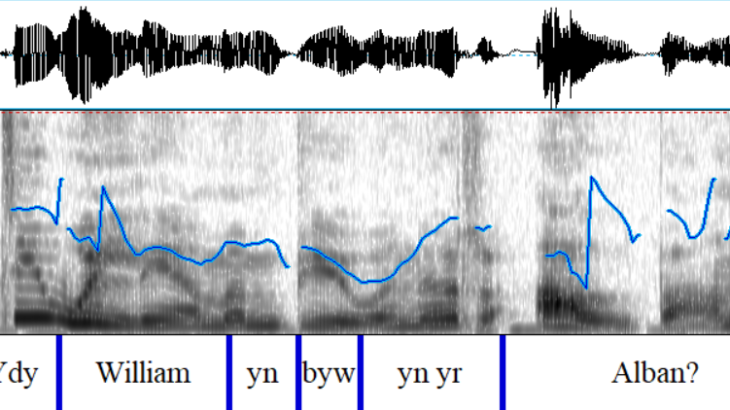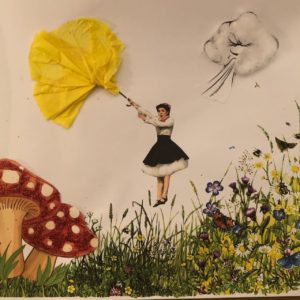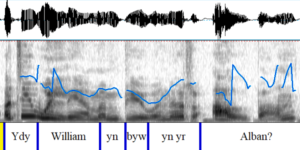
How it is possible to carry on with fieldwork, data collection, participant interviews and practice-led research during a time when meeting people in person is impossible? Coronavirus restrictions have led to huge disruption to research and to the lives of universities. However, this hasn’t stopped SWWDTP students from continuing their research. In November we welcomed over 40 delegates to our “Plan B” event- an online conference in which PhD researchers presented how they were pressing ahead during the pandemic.
Adapting a project for the Covid Era has meant some researchers have had to change their roles. Three weeks into her field work, the country went into lockdown meaning that Chloe Bradwell (Exeter/Aberystwyth) was unable to conduct in-person observations on the work of a participatory arts company in care homes. Chloe’s research focusses on the use of touch and physical presence, something proscribed by the efforts to prevent the spread of coronavirus. Chloe’s innovative solution was to change her role from observer to practitioner. Chloe is now interacting with participants remotely through posting them tactile pieces of art and liaising with care home staff.

Catherine Cartwright (Exeter/UWE) is a visual artist and printmaker whose research looks at how artists can work more sensitively with individuals and communities affected by trauma. The key part of her project is an art-making activity over multiple sessions with individual women and men who are service users at Devon Rape Crisis and Sexual Abuse Services (DRCSAS). The start of her work unfortunately coincided with the beginning on the pandemic in March when DRCSAS brought all their support and services online. For Catherine to consider her work online, she first had to carefully consider how to maintain a virtual space of safety where service users felt supported. The second challenge she faced was to ensure this supportive online environment is also a creative and experiential one in which the service user can fully engage. You can find out more about Catherine’s project and see examples of the work she creates here.
For some projects, the move online has meant participants have had to take on a much more active role in order contribute to projects. Jack Pulman-Slater (Cardiff/Bristol) needed to collect laboratory-quality recordings virtually to continue his project which examines the acquisition of intonation in adult second language learners. Instead of participants being recorded in person at the end of their classes, they now assume a more active role which at times resembles that of a research assistant. This includes receiving a microphone in the post, downloading computer software, and then editing, exporting, and transferring sound files for Jack to analyse. The sessions need planning in order to ensure that they are accessible and allow the participants to fully engage with the linguistic task instead of becoming overwhelmed by technological task demands.

SWWDTP students have faced delays and challenges which are completely beyond their control or the control of our partner institutions. But these challenges have been met head-on by student researchers and by the organisations and participants with which they engage. The state of the world means research projects are beset by innumerable frustrations. However, our Plan B event showed how SWWDTP students are continuing to devise innovative, creative and pioneering ways of overcoming them.
The SWWDTP also welcomed the following PhD speakers to our Plan B event from outside the partnership:
Cate Hopkins (ESRC/Cardiff): http://walesdtp.ac.uk/profile/hopkins-cate/
Ellen Bristow (ESRC/Cardiff): https://www.cardiff.ac.uk/people/research-students/view/1709791-bristow-ellen
Danielle Heinrichs (University of Queensland, Australia): https://cdf.graduate-school.uq.edu.au/adjust-your-project-during-covid-19
Melissa Hauber-Özer (George Mason University, USA): Hauber-Özer_Virtual Ethnography with Syrian Students
Categorised in: Latest News